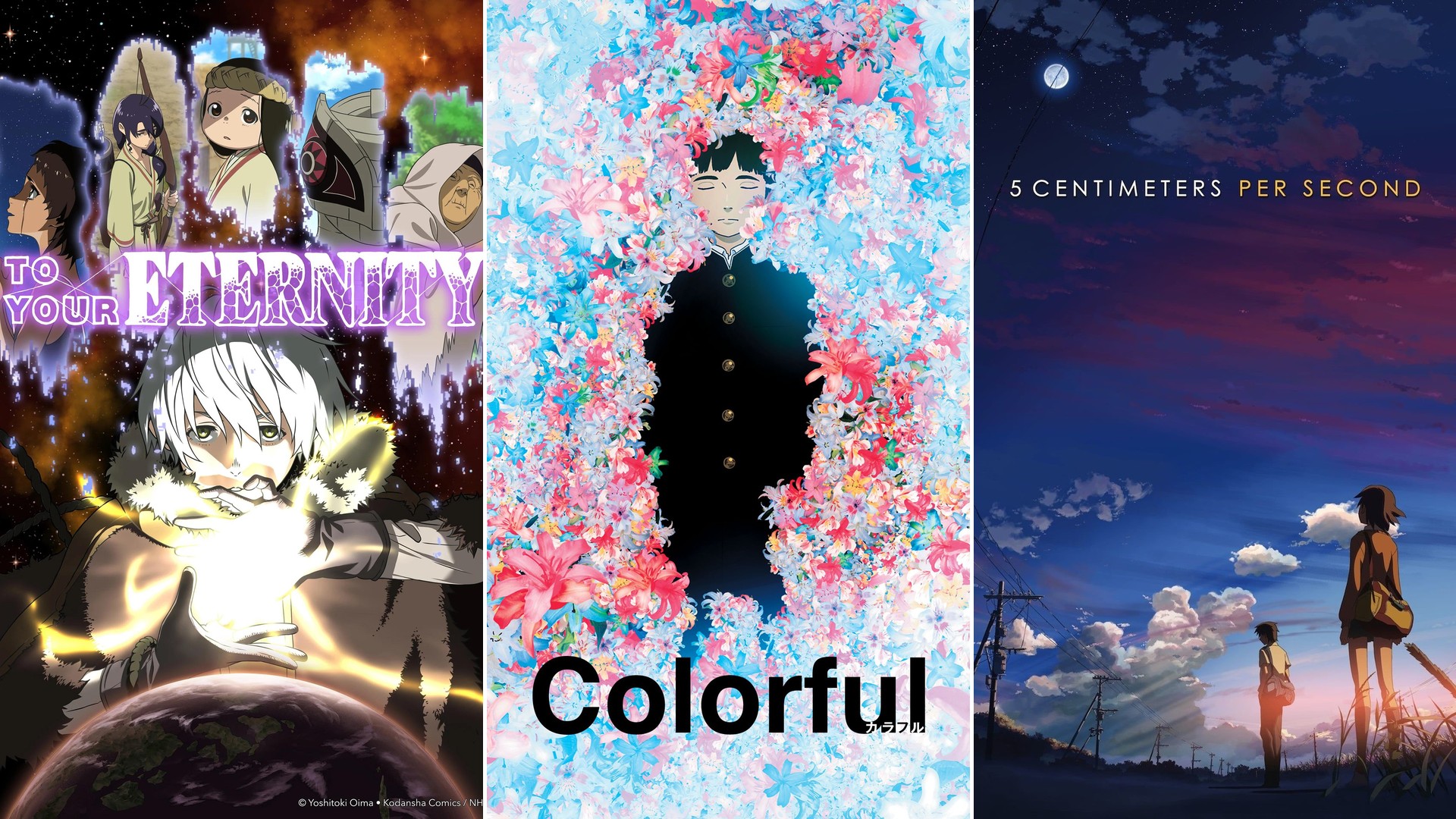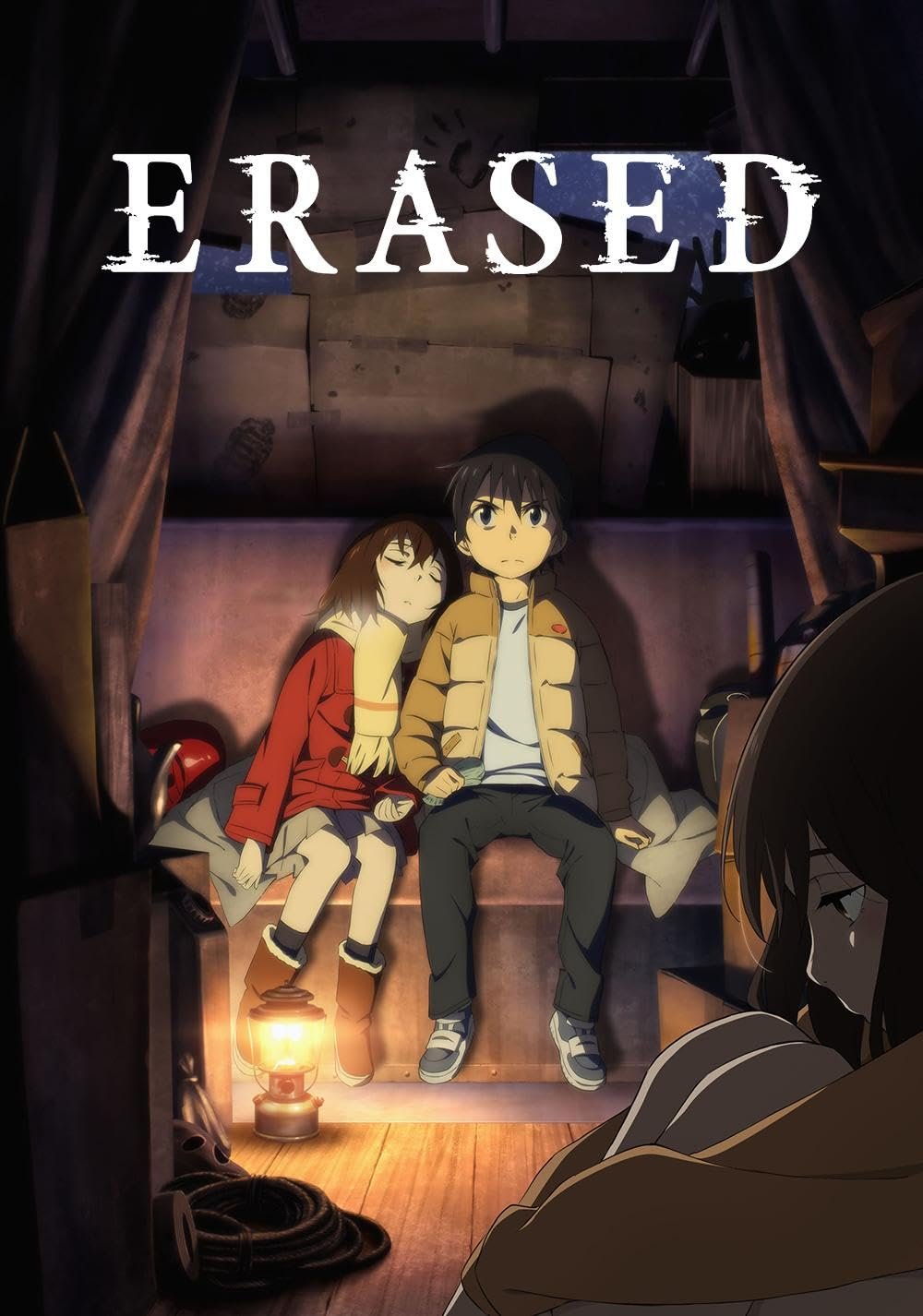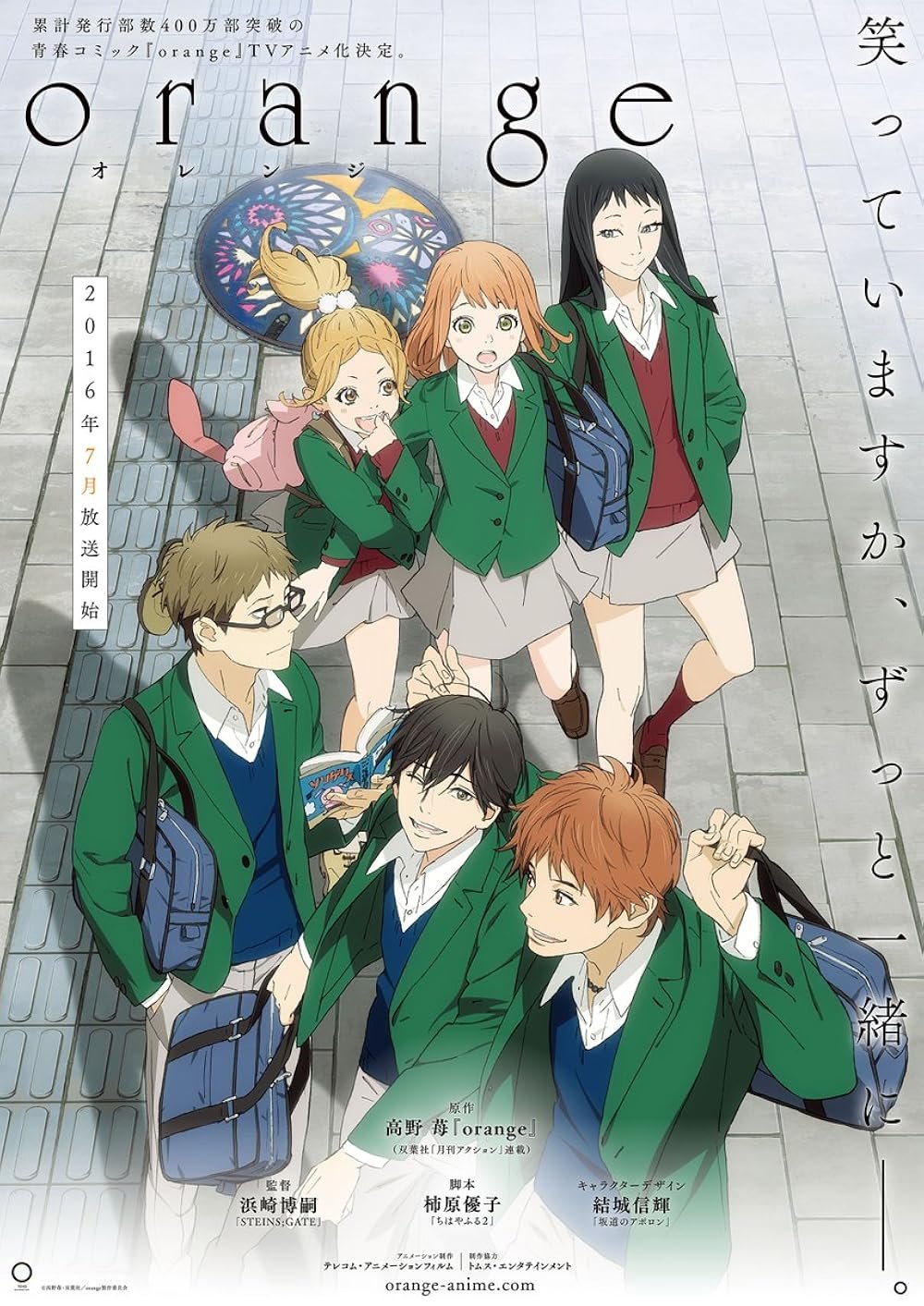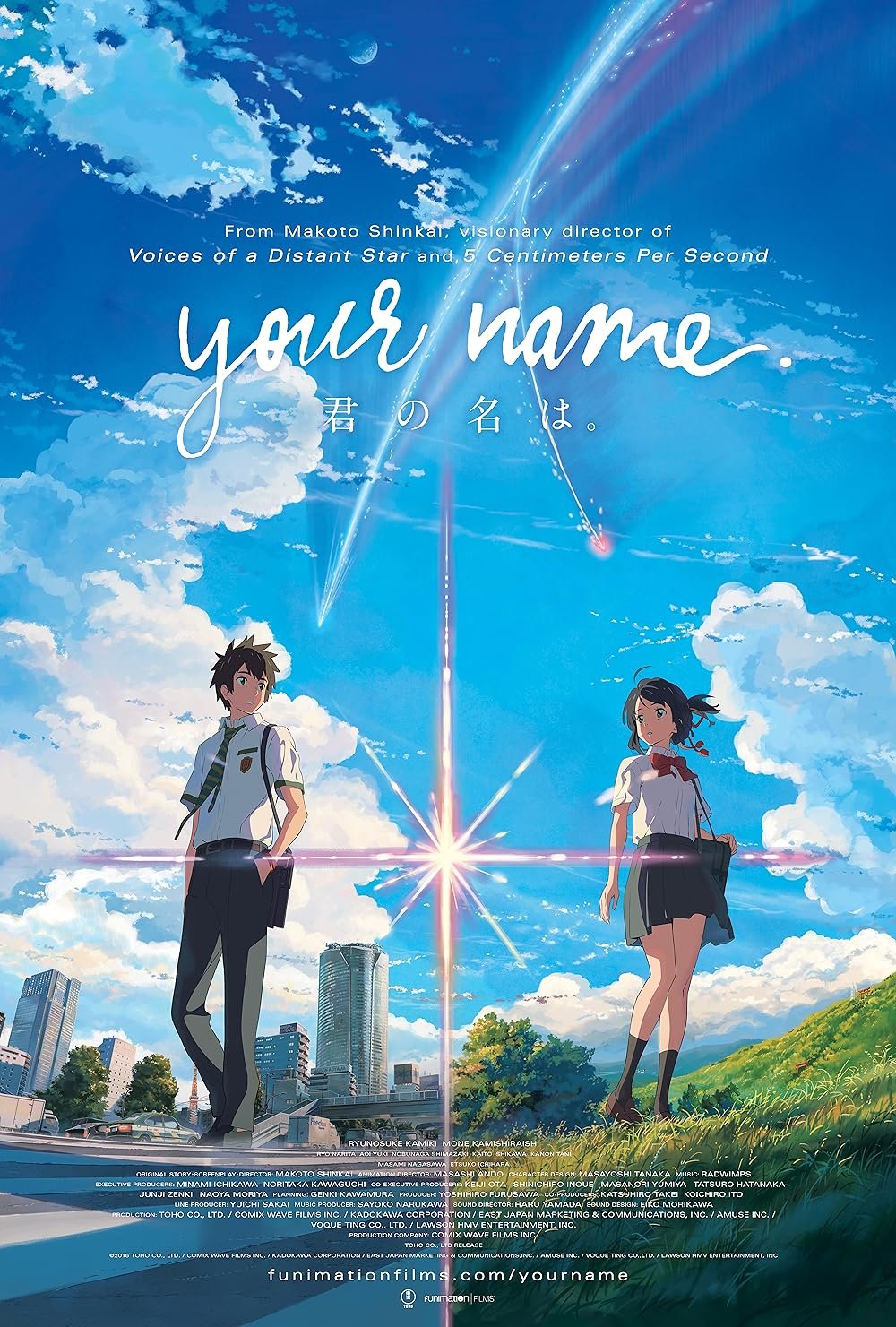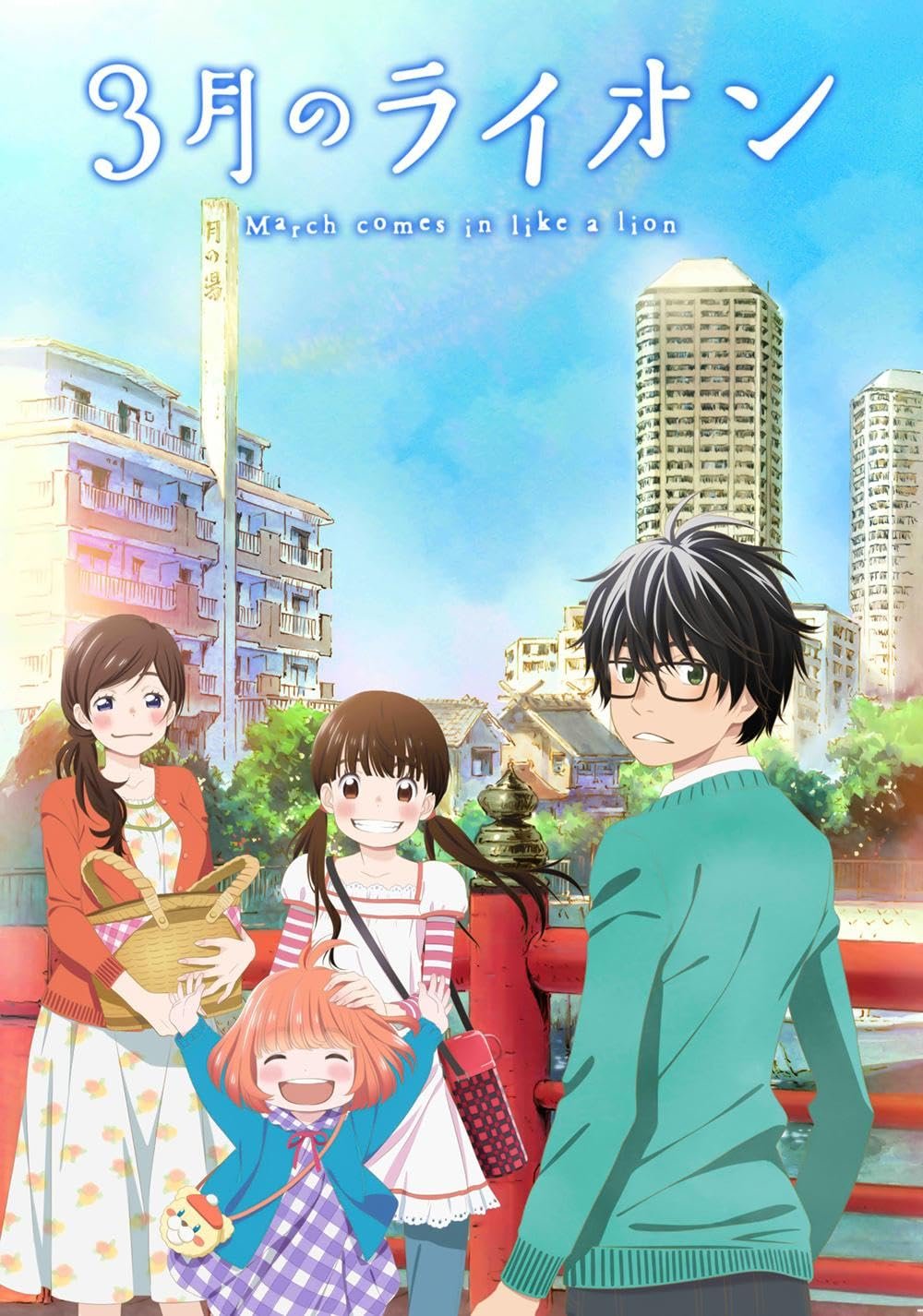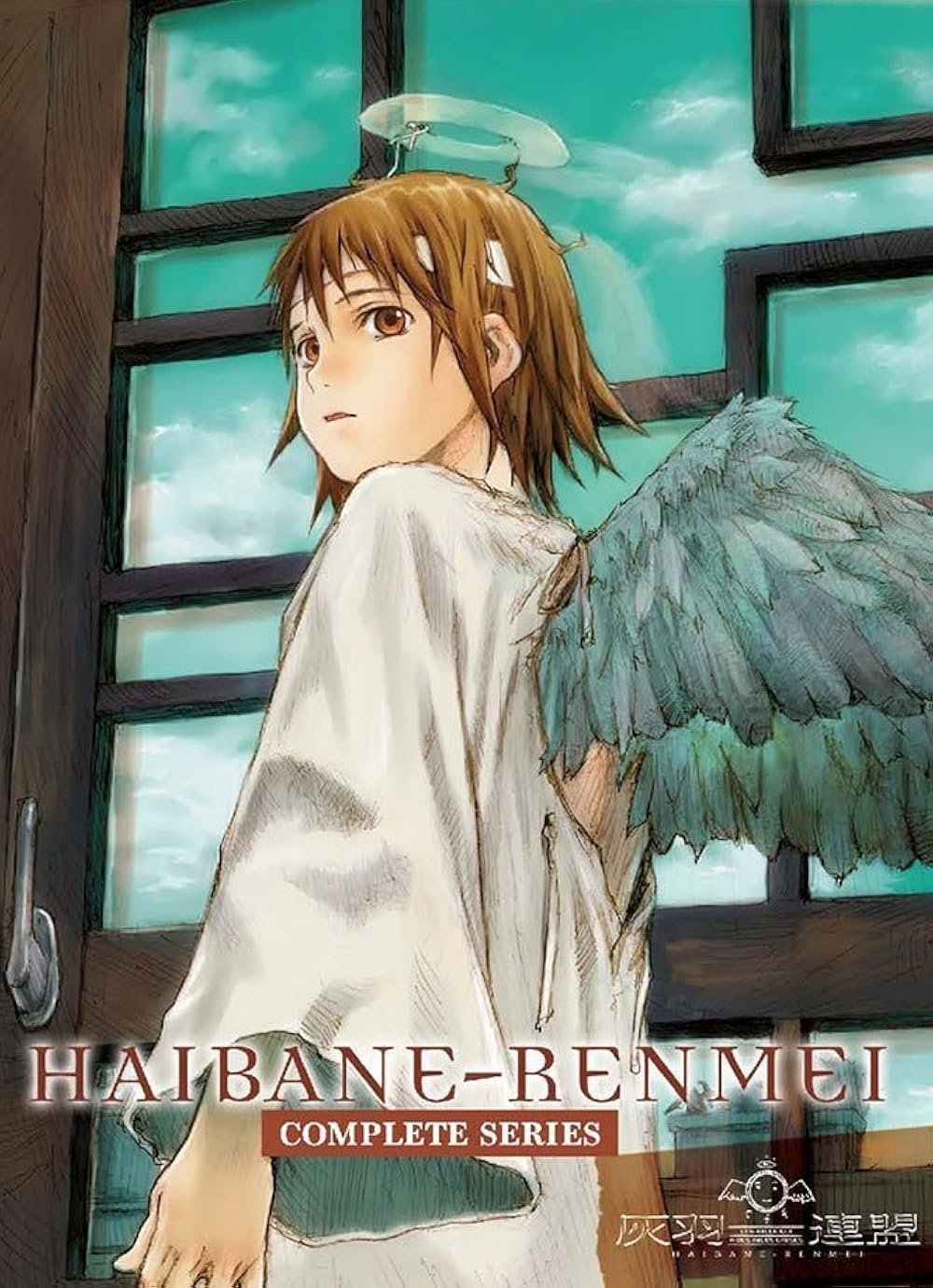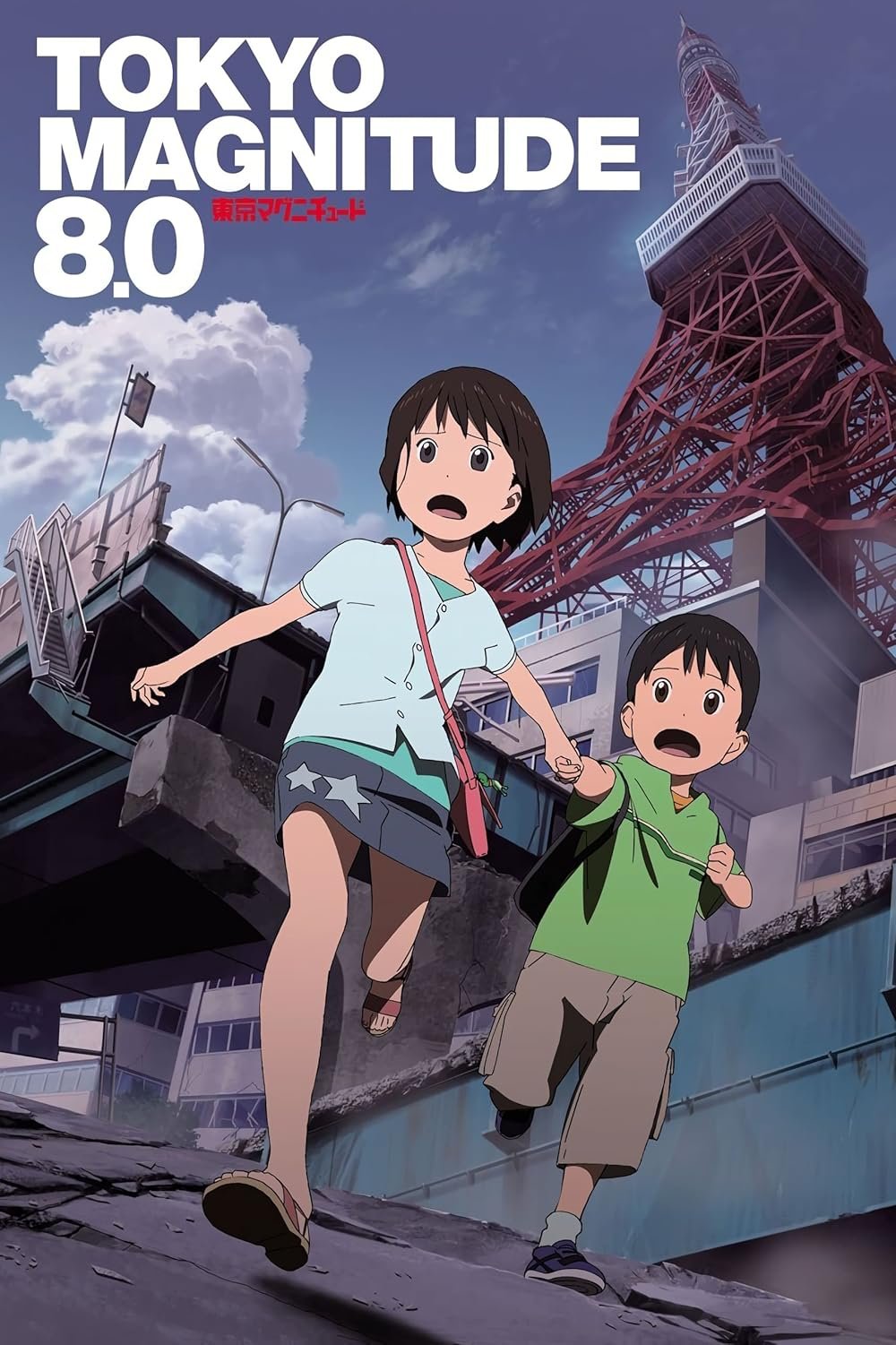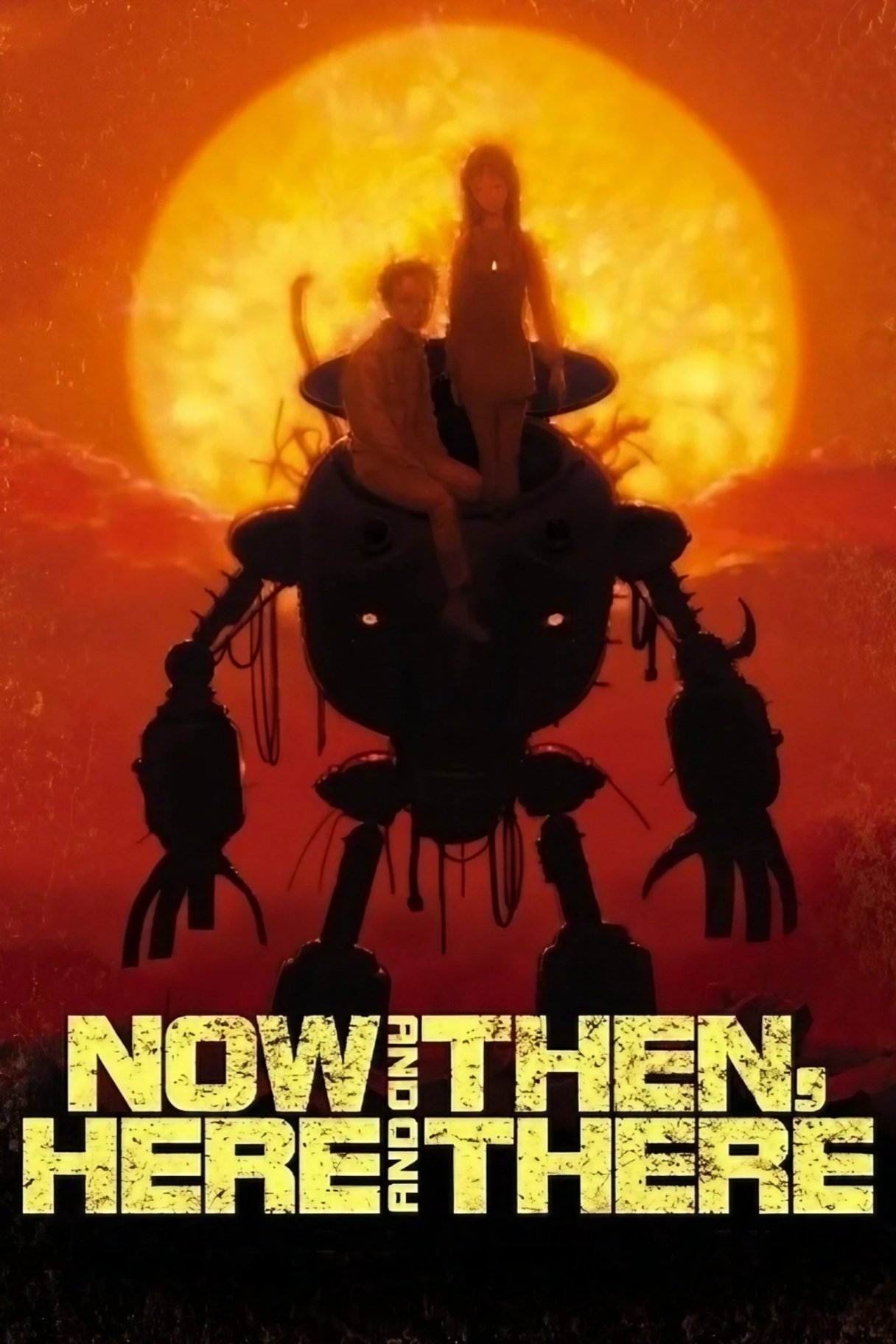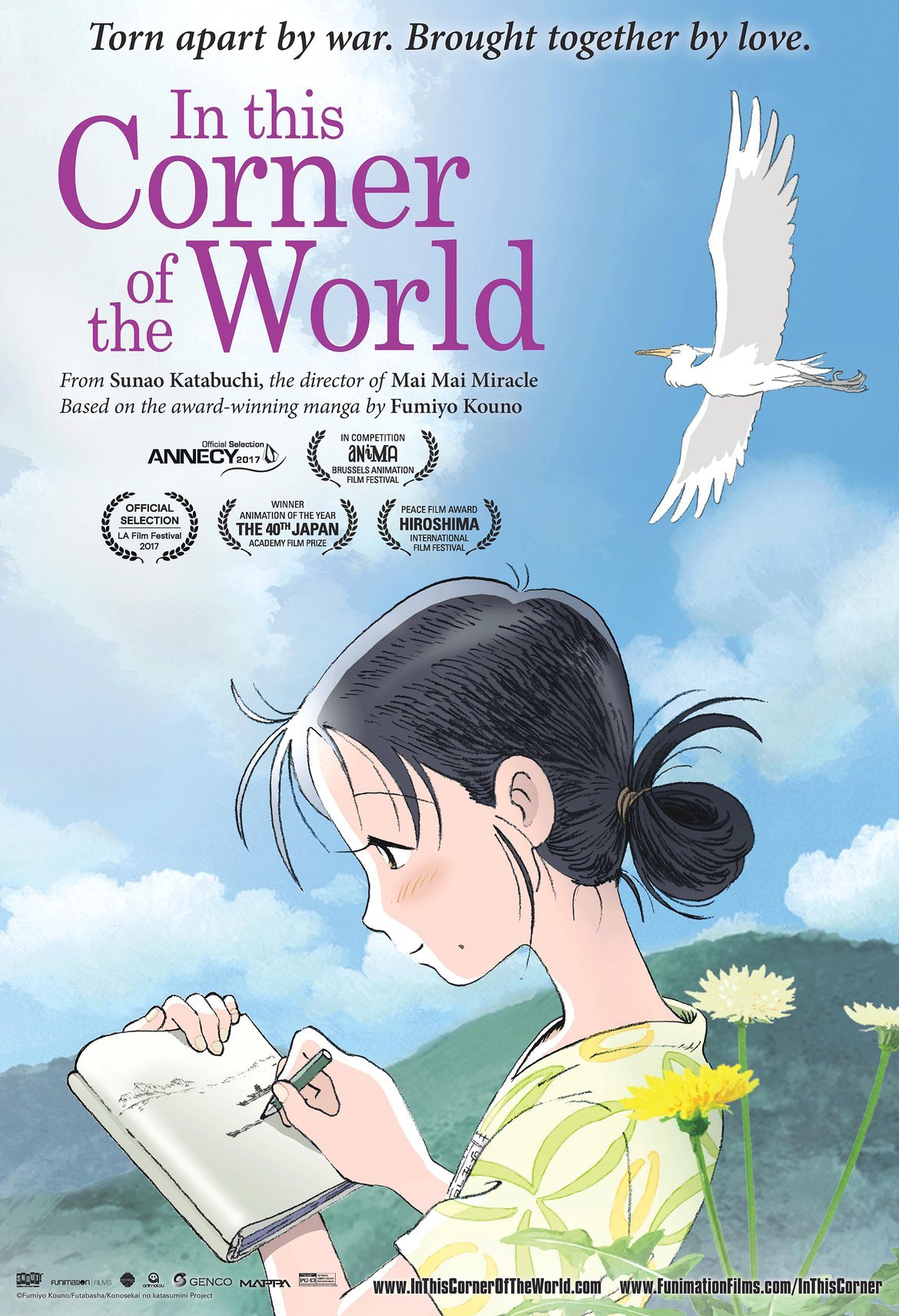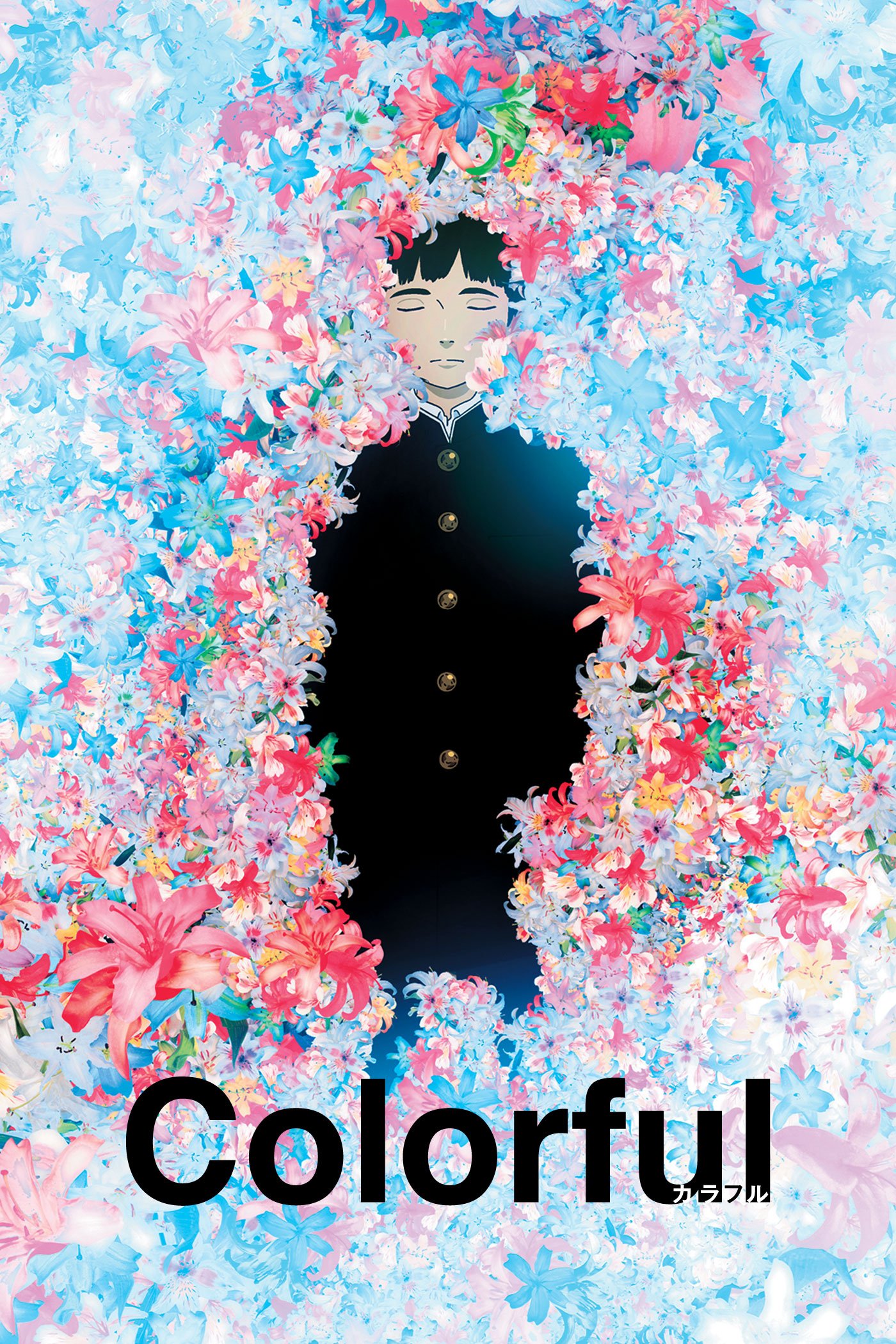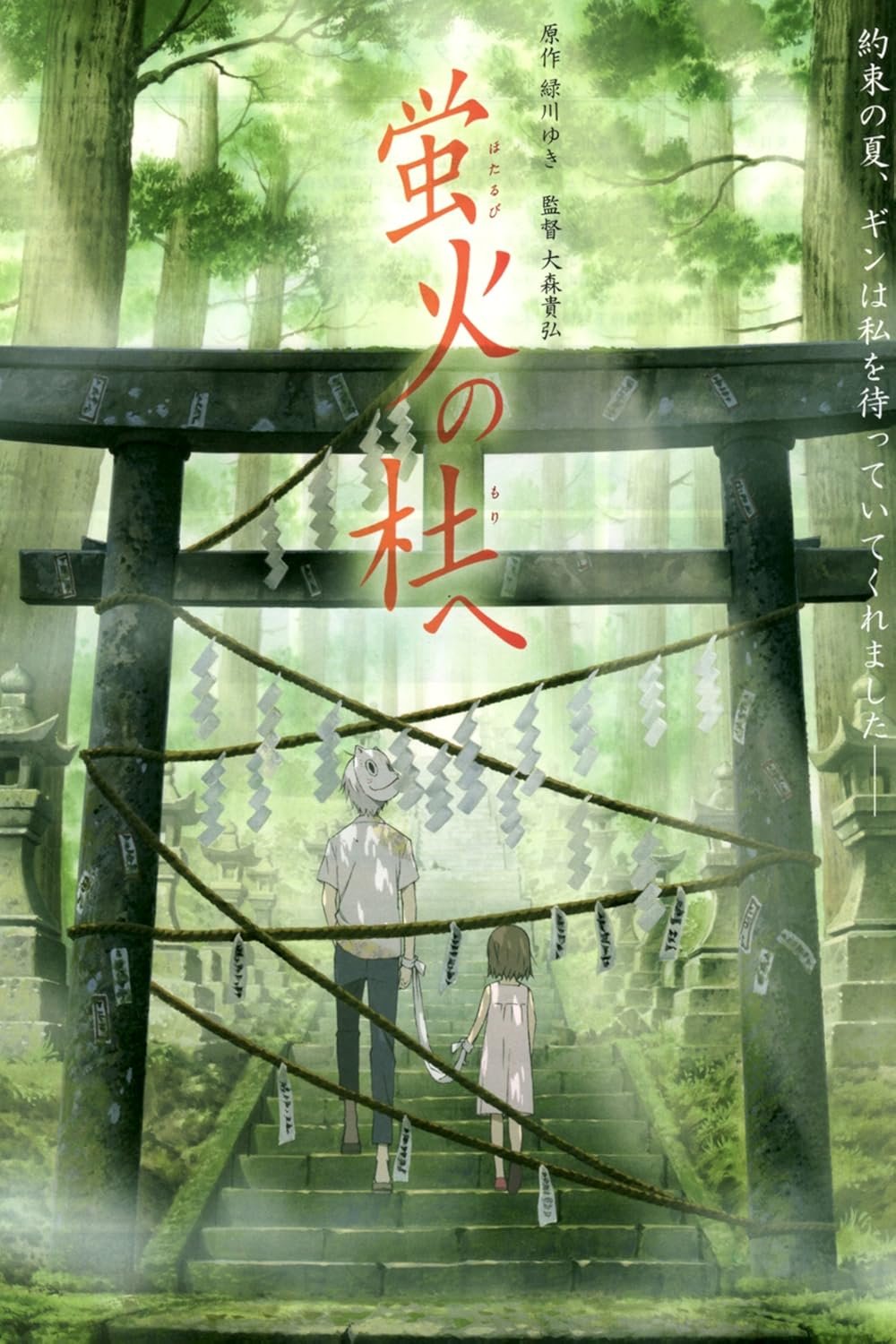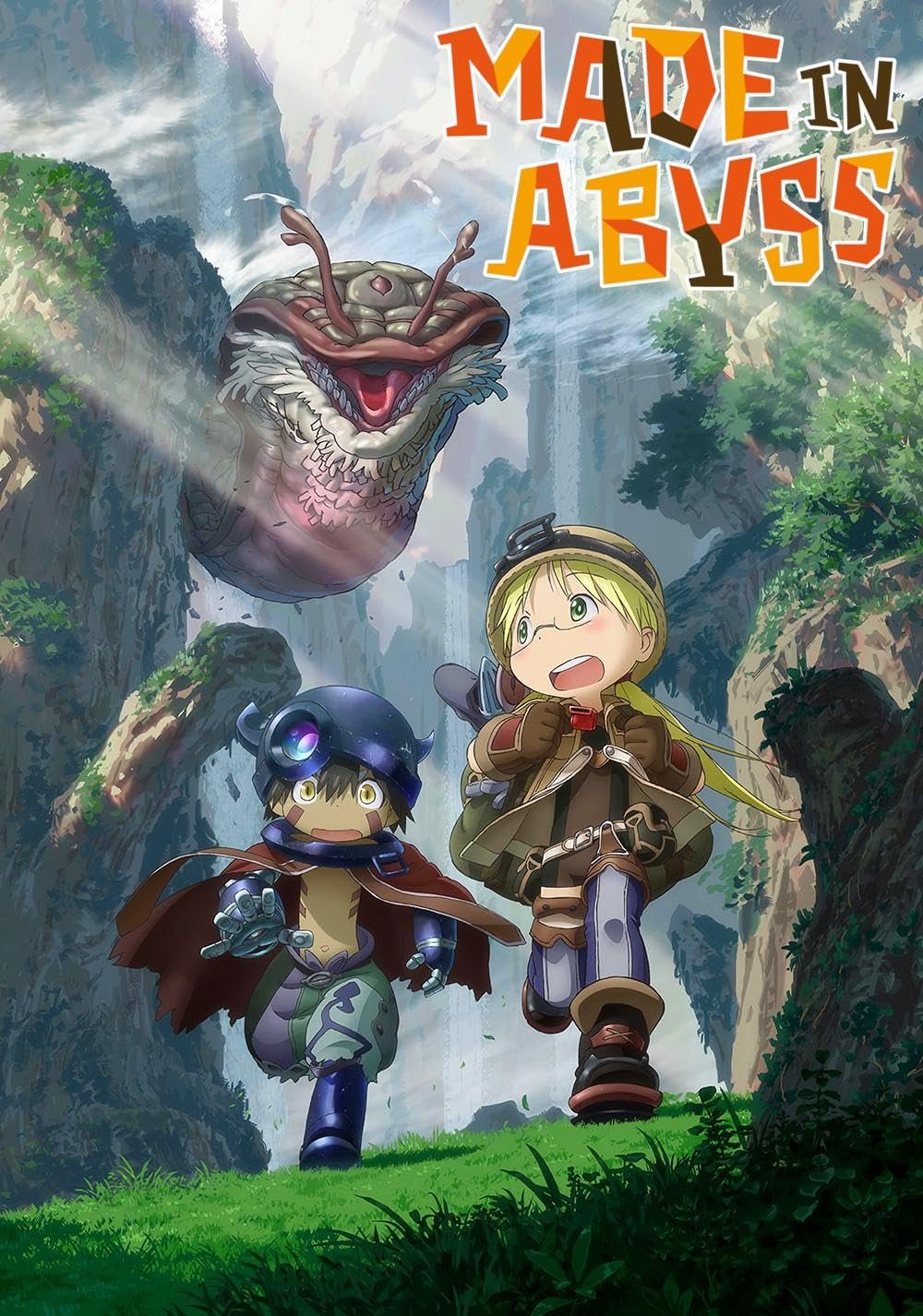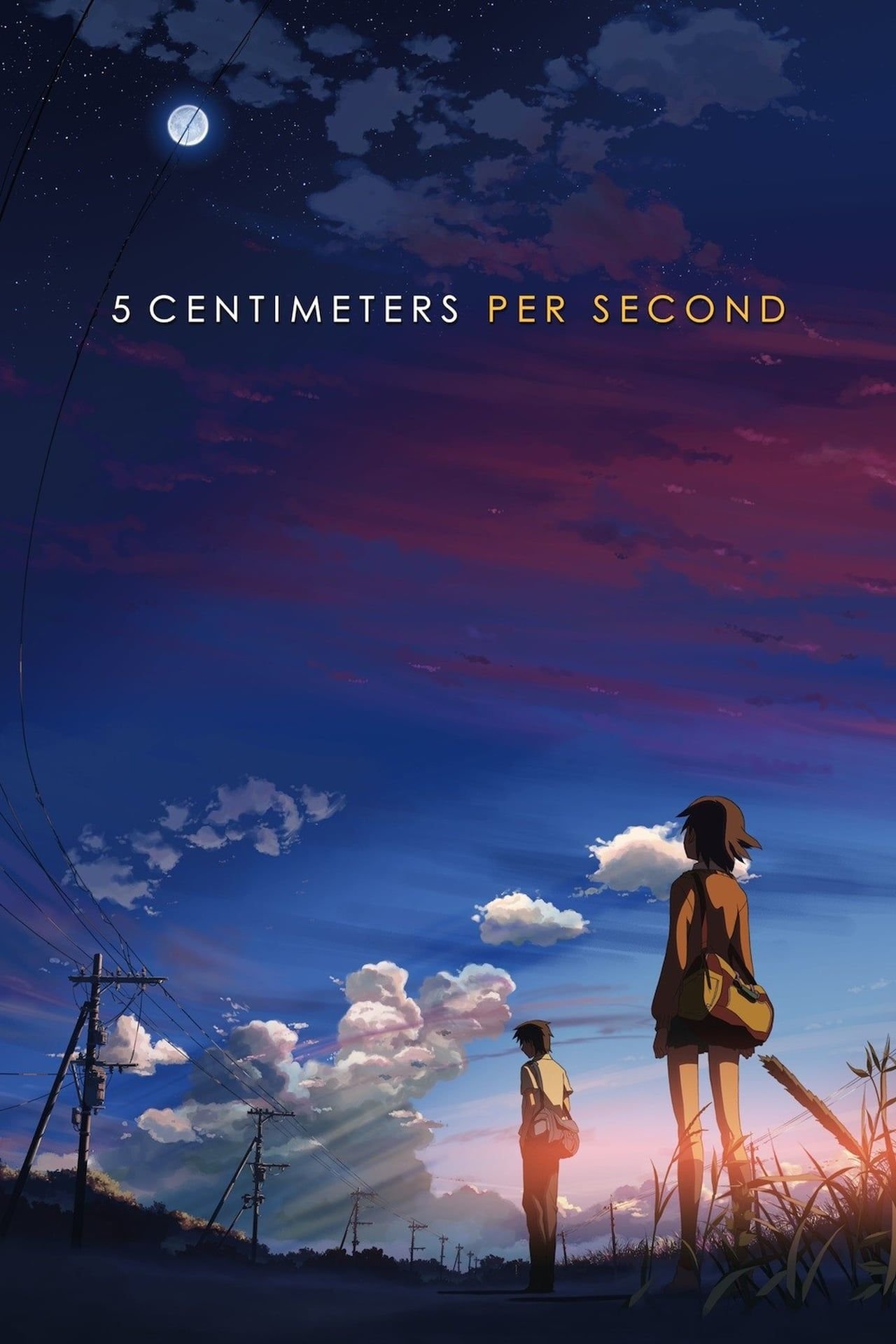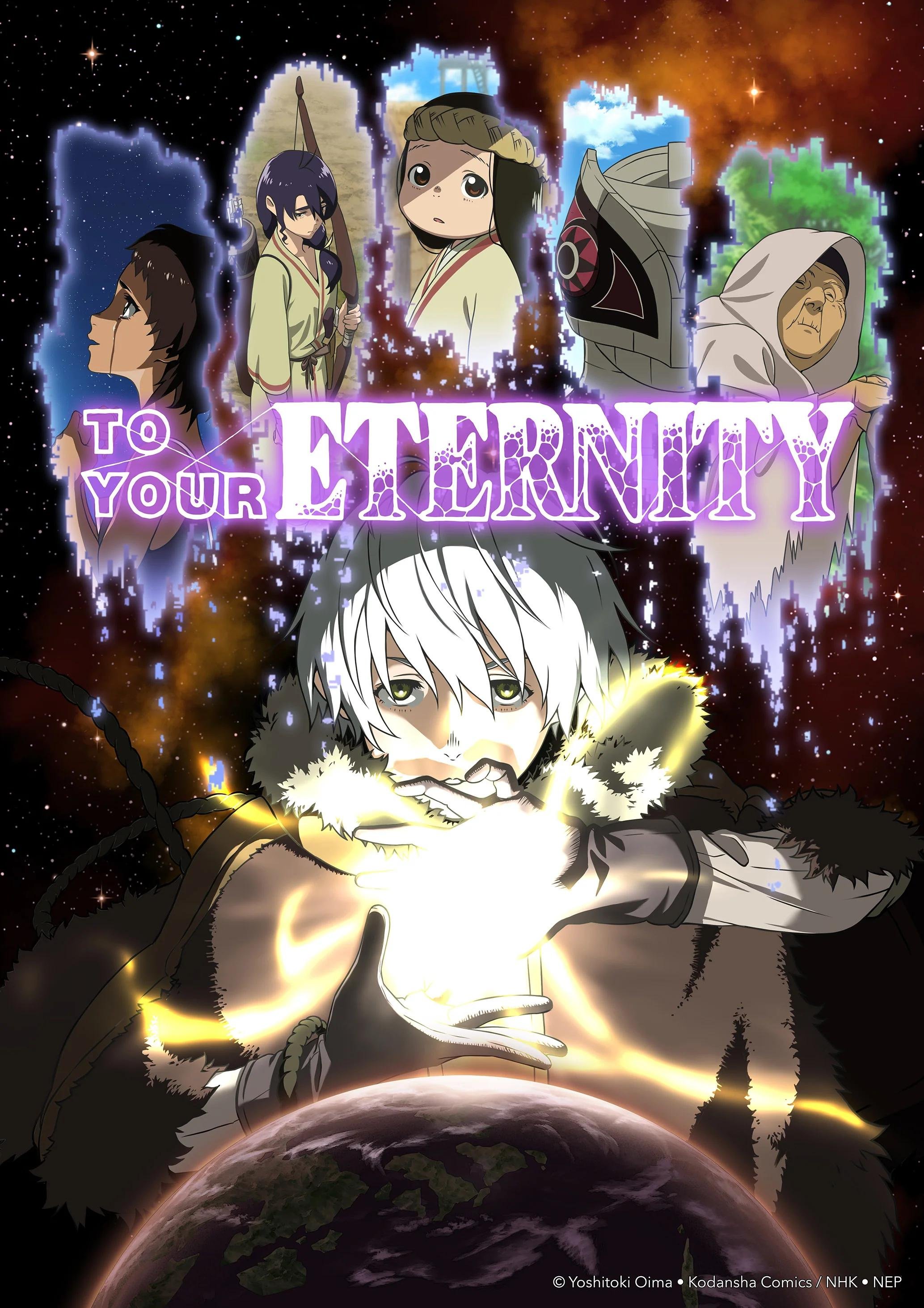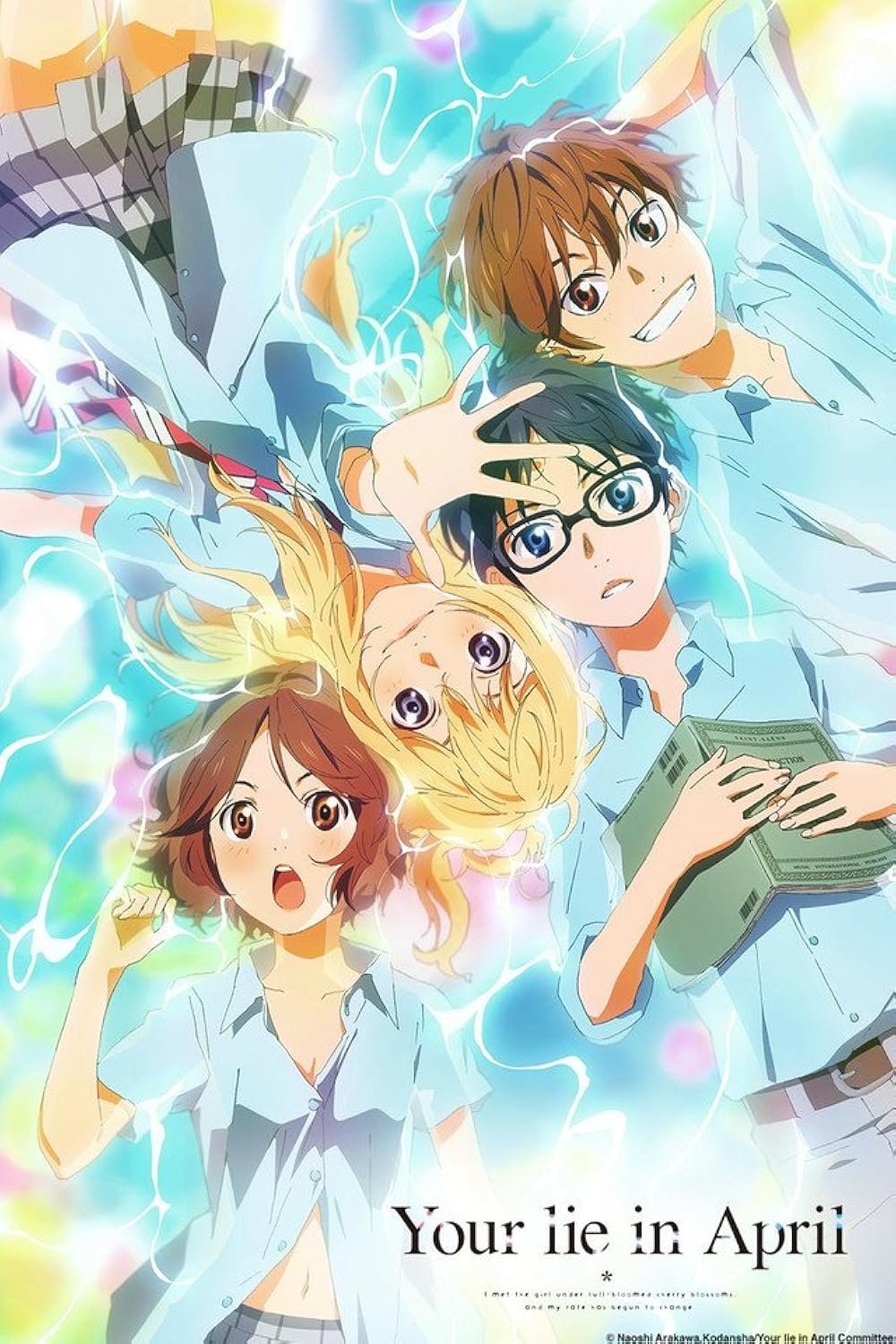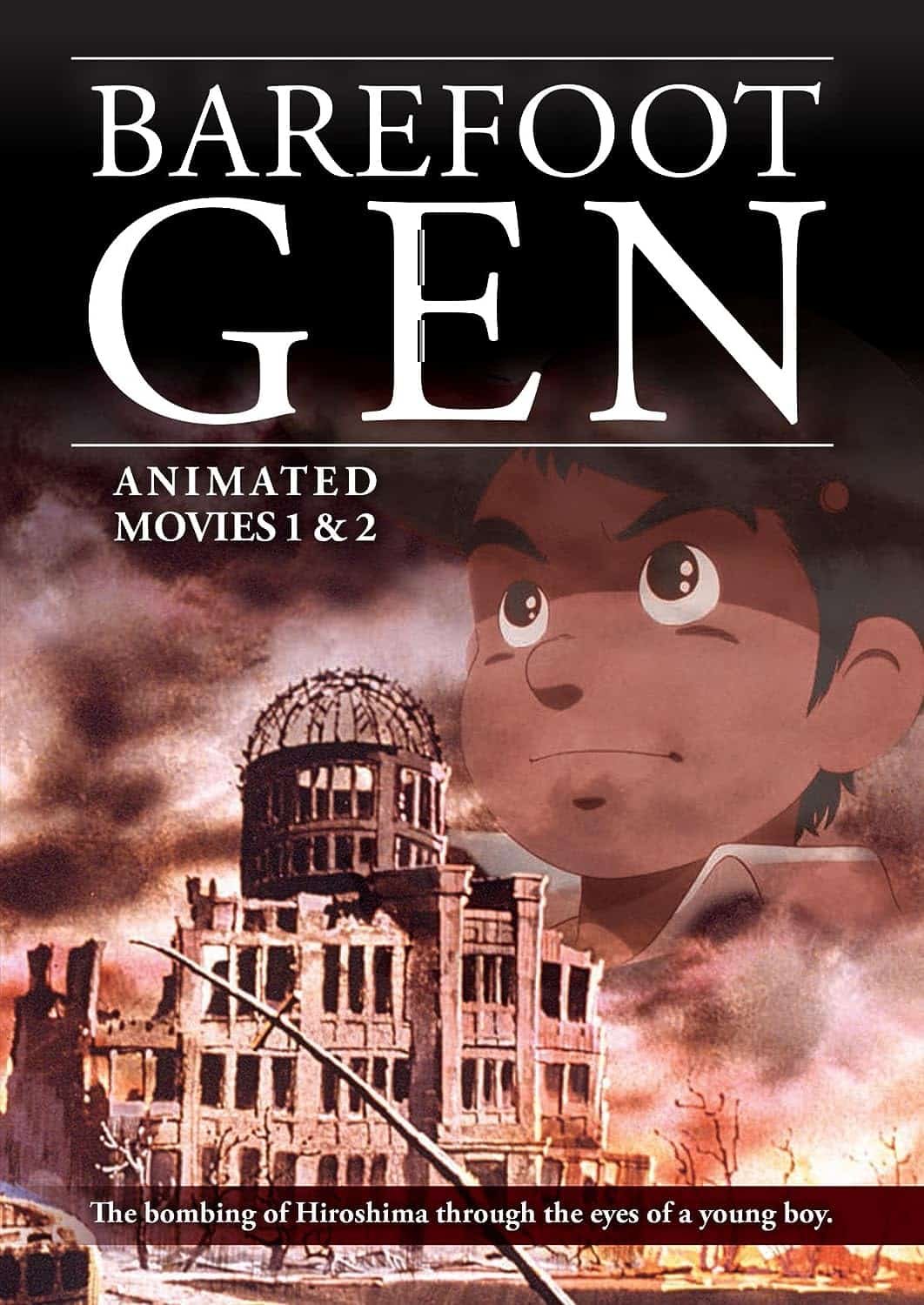These picks lean on stories where grief, regret, or irreversible choices shape the characters. Some are quiet dramas, others are tragedies set against war or disaster, but each leaves a lasting ache that stays after the credits.
I ordered the list from 25 to 1 to build toward the heaviest hitters. Whether you want catharsis or a good cry, these titles balance emotion with craft. Keep tissues nearby and treat yourself kindly after the harder ones.
25. ERASED
ERASED follows Satoru, a man who experiences a time-slip that sends him back to childhood to stop a chain of tragedies. The show ties thriller beats to loneliness and the scars left by abuse, making each small victory feel vital.
The most painful moments are quiet ones, like Satoru noticing a classmate’s neglect and trying to change her fate with simple kindness. Those scenes show how small acts can challenge a cycle of harm.
Mother and son bonds carry weight here. When trust is broken, the story shows how far a parent will go to protect a child and how that love becomes a source of strength for Satoru’s mission.
The final stretch lands because the series focuses on consequences. Even with time travel, the cost of saving someone remains real and the relief comes mixed with guilt over what could not be fixed.
24. Orange
Orange centers on letters from the future urging Naho to help a new transfer student, Kakeru. The notes hint at a coming loss and the group’s effort to support him turns into a tender look at depression and friendship.
The show treats mental health with patience. It highlights how guilt and silence isolate someone who looks fine on the surface and how consistent, ordinary care from friends can open a path back.
There is no magic cure. The message is that attention, shared plans and being present can tip the balance. The story’s gentleness gives weight to each choice the characters make and each small change matters.
23. Your Name
Your Name pairs body-swapping romance with a looming disaster. Mitsuha and Taki grow close across distance and time and the film turns yearning into movement as they run toward a chance to rewrite fate.
The central sadness sits in memory itself. Faces blur, names slip and yet the pull remains. That tension between forgetting and recognition makes their connection feel fragile and precious.
Visually, the film contrasts crowded city light with quiet rural scenes to frame what is at risk. The comet’s beauty is a threat and the sky becomes a symbol of both wonder and loss.
Music carries scenes where words fail. The score keeps the feeling of time passing and chances closing, which deepens the ache when they almost meet and don’t. Those near misses feel brutally human.
The ending is hopeful, but the film asks what we trade to reach it. We see how many versions of life slip away and that awareness is the source of its bittersweet power.
22. March Comes in Like a Lion
Rei Kiriyama is a teenage shogi pro adrift in grief and isolation. The series moves at a gentle pace, showing how routine and small kindness can stabilize a person who feels hollow.
The Kawamoto sisters give Rei a place to land and the show frames food and everyday chores as acts of care. It also faces bullying and burnout head-on, showing how support shifts outcomes.
The sadness is subdued rather than explosive. It lives in quiet rooms and late-night trains and in the slow work of building a life after pain, one step at a time.
21. Puella Magi Madoka Magica
This series reshaped the magical girl template by tying wishes to despair. Contracts carry fine print and the cost of power is steep, especially for girls who wanted to help others and found a system stacked against them.
Friendship drives the story. Every sacrifice, every loop, speaks to how far someone will go to protect one person. That singular focus gives the violence and loss their sting.
The art swings from soft pastels to harsh collage to mirror hope turning into horror. The contrast keeps the tragedy striking without losing the core of compassion.
In the end, the show offers a complicated mercy. It changes the rules but not the cost, leaving a lingering sense of what was saved and what was lost.
20. Plastic Memories
In Plastic Memories, androids called Giftia have a fixed lifespan. Tsukasa and Isla retrieve units before breakdown, which means they collect goodbyes for a living and face their own end date together.
The series asks whether love is worth it when time is short. It argues yes and then shows the weight of that answer. The final episodes are slow, tender and devastating in their calm.
There is no surprise twist to undo the premise. Acceptance is the point and the show finds meaning in routine days that become finite, which makes them feel full.
19. Angel Beats!
Angel Beats! takes place in a school afterlife where teens work through unresolved regrets. Comedy sits beside gut punches and the tonal whiplash ends up heightening the final releases.
As characters face their pasts, they vanish once they find peace. That rule gives every joke a shadow, because laughter pushes them closer to goodbye. The mix is odd, but it lands.
The music episodes are bright and then gone, like youth itself. When the show slows down and lets someone speak their truth, it earns its tears without being cruel.
Friendships form quickly because time is limited. The group’s rituals, meals and missions turn into a way to say thank you for a life they did not get to finish.
The last scene lingers because it hints at a second chance. It does not spell it out, which makes the hope feel soft and the sadness real.
18. Haibane Renmei
Set in a walled town, Haibane Renmei follows haloed beings who remember little of their past. The story explores atonement and self-forgiveness with a light touch, using daily life to reveal deeper wounds.
Rakka and Reki’s bond is the core. Their conversations turn into a quiet study of guilt and the fear of moving on. The show treats each step toward healing as brave.
The finale is gentle and crushing. It suggests that leaving is an act of trust and that kindness can break a long-held curse of self-blame, even if the cost is parting.
17. Tokyo Magnitude 8.0
After a major earthquake, siblings Mirai and Yuuki try to reach home with help from Mari. The show treats disaster work with respect, focusing on logistics, fatigue and the fear of what waits ahead.
What hurts most is how ordinary the kids are. Their bickering and small joys make the later moments land. The series does not exploit grief, it observes it with care.
Every detour adds weight, because energy and hope are limited. When the truth arrives, it is delivered softly and that restraint makes the loss feel more credible and final.
By the end, the city is changed, but so is Mirai. She learns that love is measured in errands and promises kept, even when the person you made them to is gone.
16. Now and Then, Here and There
Shu is pulled into a ruined world ruled by a violent leader who hoards water. The series is blunt about child soldiers, coercion and the way cruelty becomes normal under fear.
Lala-Ru and Sara’s arcs are tough to watch but important. The show asks what it means to keep a promise when there is nothing left to give. Shu’s stubborn hope is the counterweight.
The victories are small and costly. When kindness appears, it feels like a flare in the dark and that contrast makes each loss more piercing and each act of mercy matter.
15. In This Corner of the World
Suzu’s daily life in wartime Hiroshima is drawn with attention to routine. Recipes, chores and family visits fill the frame until scarcity and air raids take over, showing how ordinary joy narrows under pressure.
The film avoids melodrama. It lets a single missing tool or a quiet street carry meaning and when the worst arrives, the shock is held in steady images that respect the people living through it.
Suzu’s resilience is not invincible. She breaks, adapts and keeps going, which makes her hope feel earned. The film honors grief without drowning her in it.
Community ties are everything here. Neighbors share food and work to stay afloat and the movie shows how those small networks soften, though never erase, the damage.
The closing notes hold both mourning and gratitude. Memory becomes an act of care for a place that changed forever and for the lives that shaped it.
Also Read
10 phrases that sound supportive but are actually a subtle sign of manipulation
14. Colorful
A lost soul is given another chance by inhabiting a boy who died by suicide. The task is to learn why and to face the knots of family, shame and isolation that led there.
The film treats compassion as a skill, not a trait. Empathy grows through awkward attempts and listening and the story refuses neat fixes in favor of small steps forward.
By the end, the answer is not a grand revelation. It is a bundle of pressures that feel painfully ordinary, which is why the film hits so hard and offers quiet hope.
13. Hotarubi no Mori e
Hotaru meets Gin, a spirit who will vanish if a human touches him. Their summers build a tender bond that exists at a careful distance, which turns every near contact into suspense.
Also Read
10 Phrases That Sound Supportive But Are Actually a Subtle Sign of Manipulation
The calm forest, masked festival and warm light create a gentler kind of sadness. The film shows how love can be full even when it must remain untouched.
The ending is swift and crushing. It says that a single moment can hold a lifetime’s worth of feeling and that awareness lingers like a soft ache you can’t quite name.
Because it is short, nothing is wasted. Every meeting, every promise, builds toward a goodbye that feels both inevitable and kind.
12. Made in Abyss
Riko and Reg descend into the Abyss, a place of beauty and horror. The deeper they go, the more the world asks of them and the story does not look away from the cost.
Also Read
People With Low Emotional Intelligence Often Miss These 6 Social Cues
Nanachi and Mitty’s arc is the emotional spine. It shows how exploitation wears a gentle face and how mercy can be the hardest act of love.
Even the wonders feel threatening. The show sells the price of discovery, making awe sit beside dread, which keeps every choice tense and every loss lasting.
11. 5 Centimeters per Second
This film tracks a relationship drifting over years. Messages slow, trains get missed and life choices stack up until the distance becomes normal and the dream fades.
The quiet is the point. Long shots of sky and snow let the ache breathe, turning a simple missed meeting into a turning point that redefines both lives.
Also Read
8 Weird Habits You Don’t Realize You Have From Growing Up In A “We Can’t Afford It” Household
There is no villain to blame. Reality pulls people apart with work, school and chance. The result is a sadness that feels true to how adulthood rearranges priorities.
The final glance is famous for a reason. It captures the split second when acceptance replaces hope and that shift is gentle but permanently felt.
It lingers because it mirrors memory itself. We carry versions of roads not taken and that private archive is both comfort and weight.
10. Banana Fish
Banana Fish follows Ash Lynx as he fights a criminal network tied to a mind-breaking drug. His bond with Eiji becomes the light in a life shaped by violence.
Also Read
10 Phrases That Sound Supportive But Are Actually A Subtle Sign Of Manipulation
The show handles trauma without softening it. Each step toward freedom costs someone something and the story’s final notes are tragic yet honest to the world it built.
What hurts is how rare safety is for Ash. Moments of normalcy become priceless, which makes the ending feel both inevitable and deeply cruel.
9. To Your Eternity
Fushi is an immortal being who learns humanity by forming and losing bonds. Every new form carries a memory and each goodbye shapes who he becomes.
The show treats growth as exposure to pain. By watching friends live ordinary days, Fushi learns what makes existence meaningful and why loss is the price.
Also Read
8 Cringey Phrases Older Relatives Use at Family Dinners That Younger Guests Dread
Arcs close with quiet rituals, not big speeches. The series trusts viewers to sit with grief, which makes the returns to joy feel more earned.
Because Fushi can endure, the story can examine what others cannot. That contrast turns mortality into a source of wisdom and constant risk.
8. Your Lie in April
Kosei stopped hearing his own piano after trauma. Kaori’s energy pulls him back to music, but her health turns their time together into a countdown the show never ignores.
Performances are emotional battlegrounds. Mistakes and recovery matter more than perfection and that focus gives the story’s letter and final reveal their force.
The colors are bright, but the subject is grief. It argues that making art after loss is a way to keep love alive, even as you learn to let go with grace.
